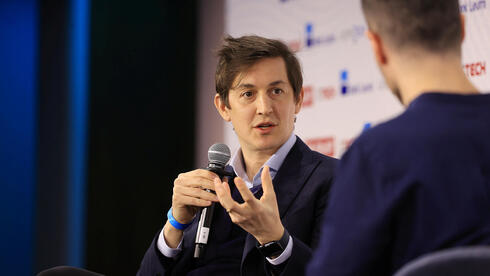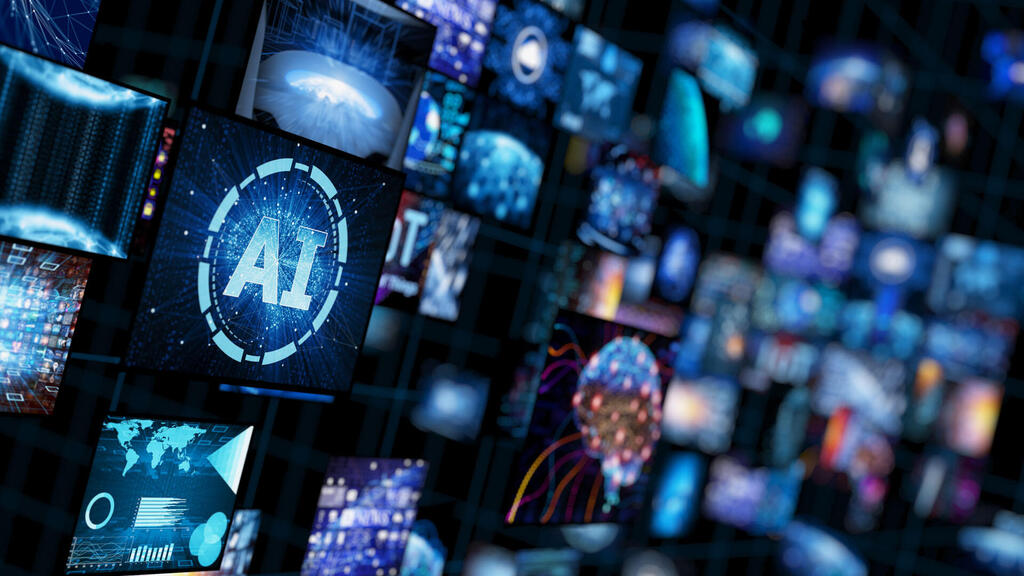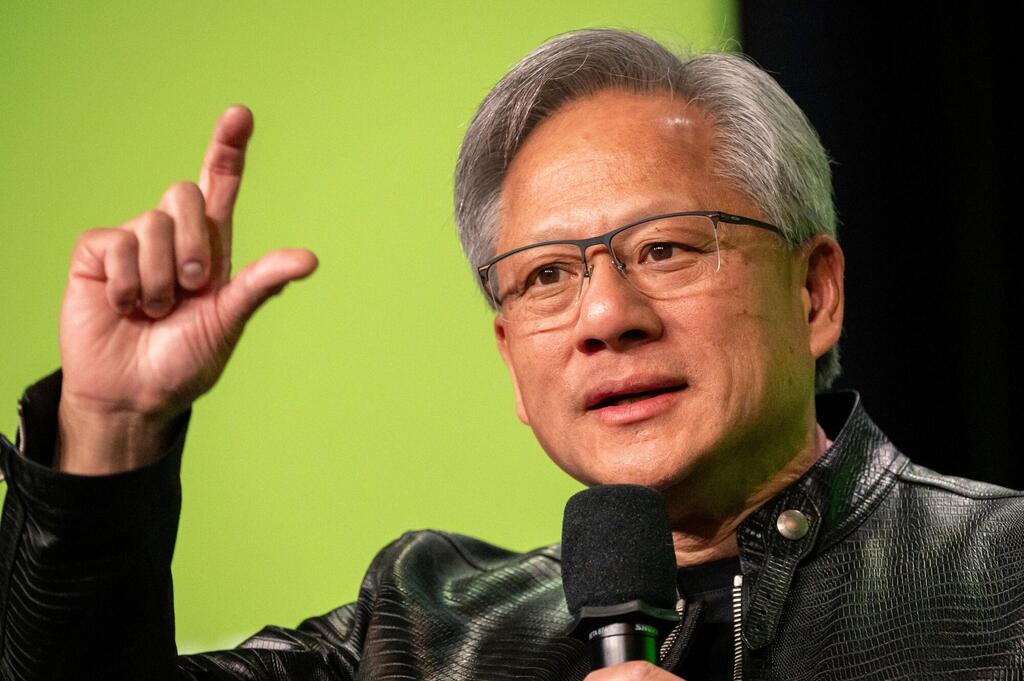
High-Tech Trendsetters
How AI’s unseen revolution became a daily essential in just months
From niche technology to mainstream necessity, AI’s lightning-fast adoption has changed industries this year.
While it took us several years to realize that a technological phenomenon (like the personal computer, internet, or cellphone) was, in fact, a revolution, the AI breakthrough has taken just a few months. A field that has existed for nearly 70 years has garnered immense public interest over the past two years especially since the launch of ChatGPT in late 2022. Although AI has been around for years, it is only now that anyone with internet access can experiment with it, whether to compose songs or summarize articles. This is a significant shift from its former use behind the scenes in search engines or social networks. The rapid penetration of AI applications into our daily lives this year, across almost every creative field, is what earned the AI revolution a spot on Calcalist's 2024 list of 100 trendsetters.
Behind such widespread interest lies considerable capital as well; according to Crunchbase, as of September, approximately 35% of all funds raised this year in the U.S. by startups went to AI-related companies. However, no less important than the money are the profound changes that various AI applications are creating in our daily lives, from healthcare and education to music and chemistry. Sophisticated bots now help decipher medical cases, write lines of code, and compose music. Even more advanced models assist in building humanoid robots for general purposes, identifying new antibiotic compounds, detecting climate patterns, and decoding ancient languages.
However, with great power comes great responsibility. The massive hype surrounding artificial intelligence has triggered a strong response from regulators and legislators who are quickly drafting rules. They have learned from the bitter experience of social media that it is essential not to let technological giants flourish without supervision and guidelines, ensuring they operate within the social order and for the benefit of society, not just through it.
The NVIDIA engine will win
With a personal fortune of $100 billion, Jensen Huang, CEO and president of NVIDIA, is arguably the most important person today determining who will advance into the new world of AI and how quickly. If we were to compare Huang and the AI revolution to other historical periods, it would be hard to avoid likening it to the Gold Rush. In this case, Huang holds all the trains and shovels needed to reach the gold: NVIDIA’s processors and network infrastructure for AI applications.
Huang's influence on Wall Street extends far beyond NVIDIA's almost $3 trillion market cap. It’s hard to find a company today that hasn’t realized that what’s happening with AI today rivals the industrial or internet revolutions. Meanwhile, Huang and NVIDIA, which he founded in 1993, are nearly the sole providers of the computing infrastructure necessary to run AI applications, allowing them to raise prices sky-high. Competitors are working hard on their own versions, but NVIDIA’s position hasn’t been challenged yet, and it continues to lead by a wide margin.
This is especially easy when Intel, which was expected to be its main rival, is deeply mired in problems and unable to pose any real threat. Huang has also put Israel on the map with NVIDIA’s second-largest center outside the U.S., employing more than 10% of the company’s workforce. NVIDIA’s commitment to its Israeli employees is evident in its ongoing activities calling for the return of Avinatan Or, an employee still held captive in Gaza since October 7, 2023.
NVIDIA's operations in Israel expanded significantly with the acquisition of Mellanox for almost $7 billion in 2019 and have grown dramatically since. In November 2024, a month after the outbreak of the war, the Israel-1 supercomputer - one of the world’s top ten - began operating in Israel. It aims to advance not only the company's developments but also the local academic and startup industries. Along the way, Huang also created a whole new echelon of hundreds of millionaires, thanks to the company’s stock, which has soared by 2,585% in the five years since the Mellanox acquisition.
Intel has lost its way
In contrast to NVIDIA, this past year has been one of the hardest for chip giant Intel, which until recently was considered the queen of the industry. The company has plunged into crisis due to fierce competition and missed opportunities in AI, a series of expensive acquisitions, and a bloated workforce. The inclusion of Intel CEO Pat Gelsinger, as well as Intel Israel executives Karin Eibschitz-Segal and Daniel Benatar, in this list is not due to their success but the opposite: concern about Intel’s rapid decline, massive cuts and takeover threats, and the impact this will have on the local high-tech industry.
Gelsinger, who took over to great fanfare and rescue plans, discovered how fierce the competition is and that no one is waiting for Intel. The two local managers, Benatar, who oversees production operations in Israel and is also one of the company’s global leaders, and Eibschitz-Segal, responsible for development in Israel and holding a senior role in global development, are expected to lay off hundreds of employees this year, possibly even more. While implementing the company’s recovery plan in Israel, they must also be prepared for the day after.
When the dust settles, and Intel becomes much leaner than it was, they will also have to prove to Intel’s global leadership that Israel is still a strategically significant hub for the company and not just another remote site. Simultaneously, they will need to work hard to convince remaining employees that Intel is still one of the best places to work in Israel. On both fronts, only time will tell if the recent cuts were the last or if Intel is at the start of a steep decline.
















